William and Carol Stevenson Conference
U.S.–China tech competition: Has democracy met its match?
9:00AM - 12:30PM (EDT)
Event Details
The Miller Center’s 2023 William and Carol Stevenson Conference examines U.S.–China relations and the role technology plays in this dynamic relationship. Do our technology regulations and security efforts limit our ability to protect our democracy?
Panels feature scholars and practitioners with experience in government, the private sector, journalism, and academia, allowing for wide-ranging dialogue on complex issues.
The William and Carol Stevenson Conference is a biennial conference that focuses on issues of national and international importance.
The Miller Center is deeply grateful to the Stevenson family for its support of our work.
Audience members are encouraged to participate in these open, seminar-style discussions.
9:00 a.m.–10:00 a.m. EDT
Apps, platforms, and surveillance
How might apps and other technology platforms play a role in Chinese government data-gathering efforts? What are potential policy responses to the increasingly complex data flows between the United States and China? This panel addresses the long-term stability of U.S. technology infrastructure and related concerns for U.S. national security.
Josh Chin, Kara Frederick, Shanthi Kalathil, Aynne Kokas (moderator)
10:15 a.m.–11:15 a.m. EDT
China’s global business and financial infrastructure
What role do China’s global investments and financial technologies play in the U.S.–China technology competition? How is the financial sector shaping U.S–China tech competition? How might policymakers respond to this challenging landscape while also supporting growth?
Anna Ashton, Martin Chorzempa, Sebastian Mallaby, Syaru Shirley Lin (moderator)
11:30 a.m.–12:30 p.m. EDT
Climate, tech infrastructure, and political influence
As countries around the world pursue decarbonization and other goals to protect the environment, the U.S. and China might be cooperative or competitive players. What effects are new climate technologies having on global political systems?
Angel Hsu, Joanna Lewis, Scott Moore, Michael Lenox (moderator)
When
9:00AM - 12:30PM (EDT)
Where
2201 Old Ivy Rd
Charlottesville, VA
&
ONLINE
Speakers
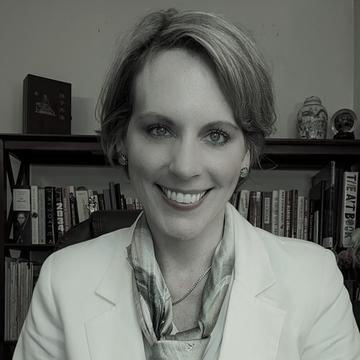
Anna Ashton

Josh Chin
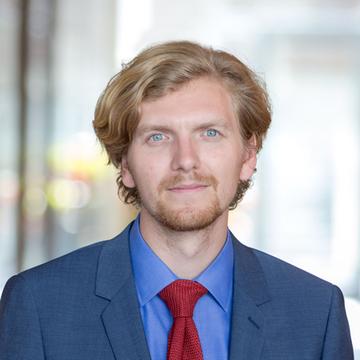
Martin Chorzempa

Kara Frederick

Angel Hsu
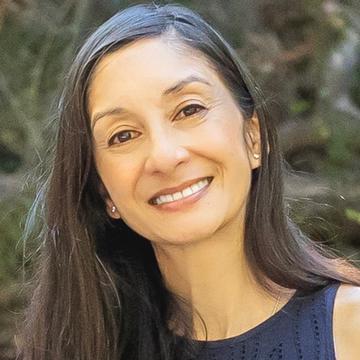
Shanthi Kalathil
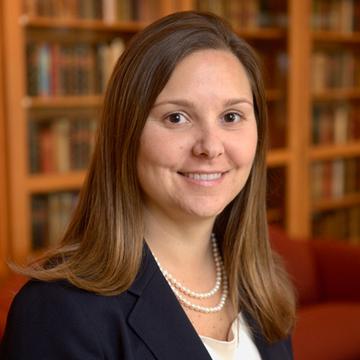
Joanna Lewis
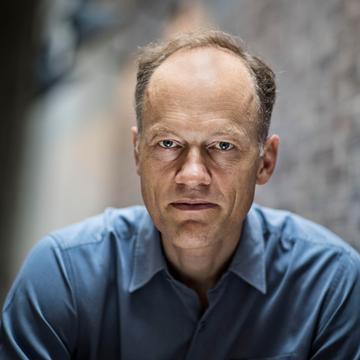
Sebastian Mallaby
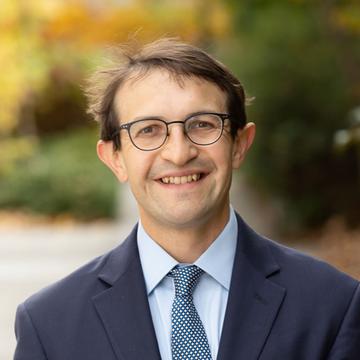
Scott Moore
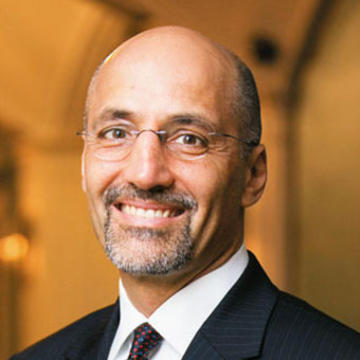
William Antholis (introduction)
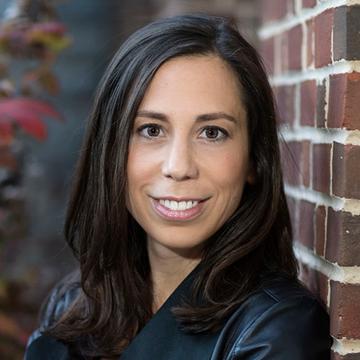
Aynne Kokas (moderator)
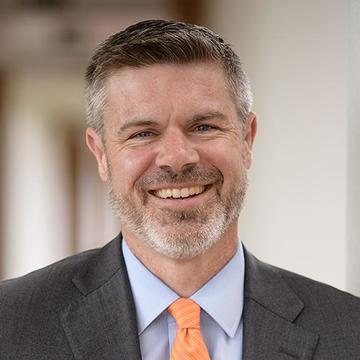
Michael Lenox (moderator)
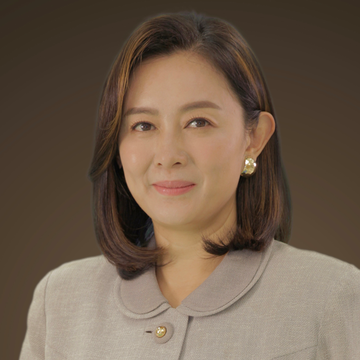
Syaru Shirley Lin (moderator)